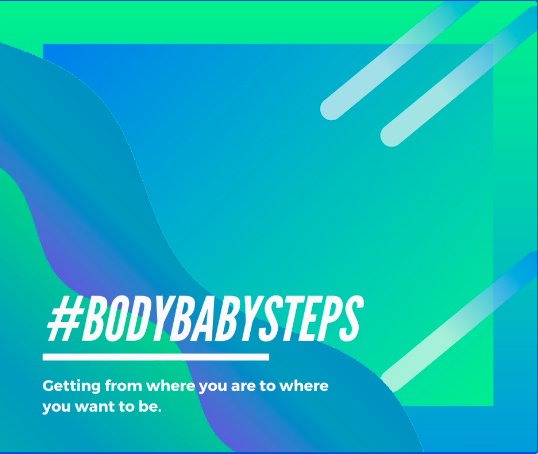
My last post in the My Health Journey series was something of a summary of what I’ve learned so far, boiled down into a top-20 list. Even as I hit the “Publish…” button, however, I recognized two things:
- I had left off some important items, such as sleep hygiene, and
- A list of 20 things to do is overwhelming. With so many “keys” to remember, it’s easy to feel defeated and not make progress.
Dave Ramsey has understood this as he has helped millions through his radio show, his New York Times best-seller, The Total Money Makeover, and his Ramsey+ offering, which includes Financial Peace University.
As he helps people achieve financial fitness, he recommends 7 Baby Steps, which proceed in a logical order:
- Save $1,000 for your starter emergency fund.
- Pay off all debt (except the house) using the debt snowball.
- Save 3-6 months of expenses in a fully funded emergency fund.
- Invest 15% of your household income in retirement.
- Save for your children’s college fund.
- Pay off your home early.
- Build wealth and give.
To create the starter emergency fund, you have to begin spending less on a daily basis. Once you’re reached that goal and you’re moving on to Baby Step 2, that emergency fund protects you from having to use a credit card.
If you do need to dip into the emergency fund, you shift back to Baby Step 1 and build it back up to $1,000 before continuing to attack debt.
The idea behind the baby steps is to build momentum and a reality-based sense of accomplishment. You feel better because you are better.
The way you do that is through focus.
If you’re paying a little of your credit card debt each month and putting a few dollars into retirement, regular savings and the kids’ college fund, it’s likely you won’t make noticeable progress on any of them, and then when an emergency arises (like the water heater breaking down) you’ll need to borrow still more to meet that urgent need.
That’s why Ramsey recommends pausing retirement contributions for a time while pursuing the first step with gazelle-like intensity. Then you start paying off your non-mortgage debts, smallest to largest, without regard to interest rates. Go for the first debt you can totally eliminate.
When you pay off that debt, you roll the amount you had been paying on it into the next smallest debt payment, increasing your and repeat the cycle until they’re all gone.
That’s the debt snowball. That’s momentum.
The key is to get a quick win with the starter emergency fund, and then to continue getting positive reinforcement.
I think Ramsey’s Baby Steps metaphor for a personal finance makeover is helpful in thinking about a process for improving health and fitness, too.
The individual tips in my top 20 list are good on their own, but trying to do them all at once could be self-defeating.
I didn’t make all of those changes at the same time; it’s been a four-year journey.
But I did find that having made some changes and finding success gave me confidence to try the next thing.
I just didn’t know at the time what that next thing would be.
Now, looking back on what has worked for Lisa and me, I think I can outline a process that would make sense and help you build momentum toward a healthier 2021…and beyond.
So tomorrow I’m going to start a new series called #BodyBabySteps.
Like Ramsey’s money recommendations, the first few will be foundational, and I’ll spend a week or so looking at each of them from various angles.
Because we’re pursuing behavior change, we need that reinforcement. You don’t change habits in a single day.
I hope you’ll join the journey. You can subscribe by email, and I’ll also post links on Facebook, Twitter and LinkedIn.
If you think your friends might find this series helpful, I hope you’ll share by email or on your social networks using the buttons below.

